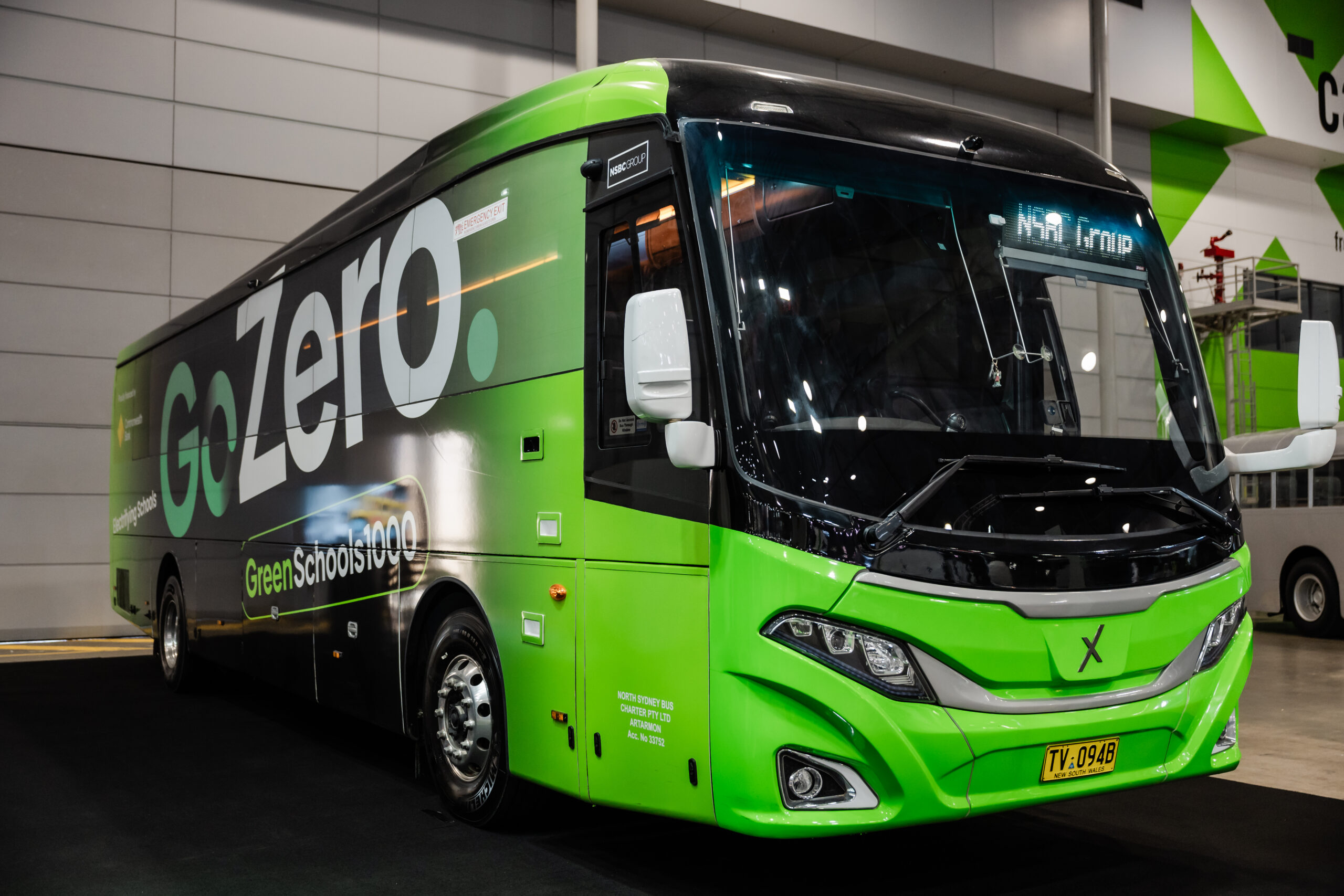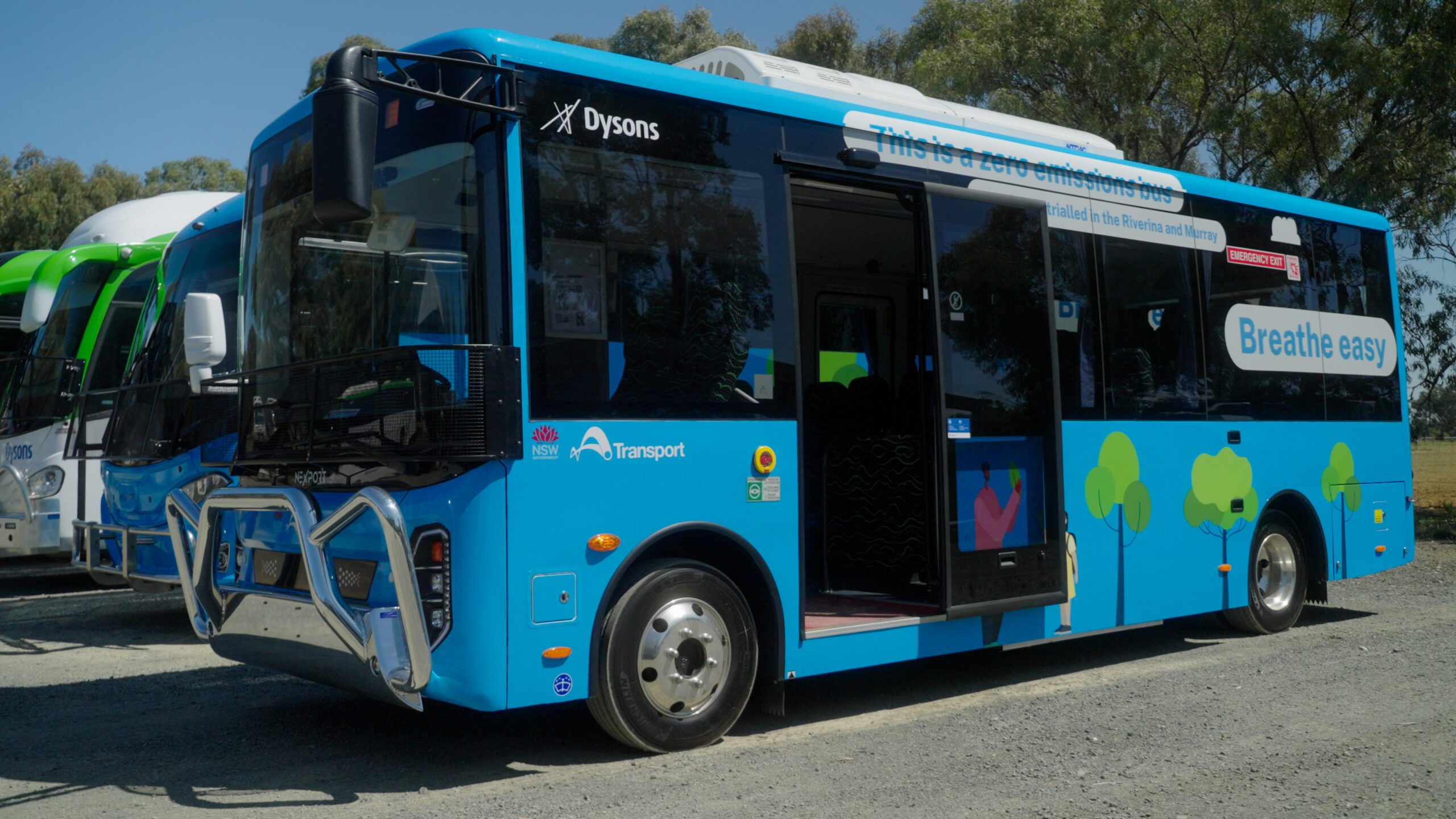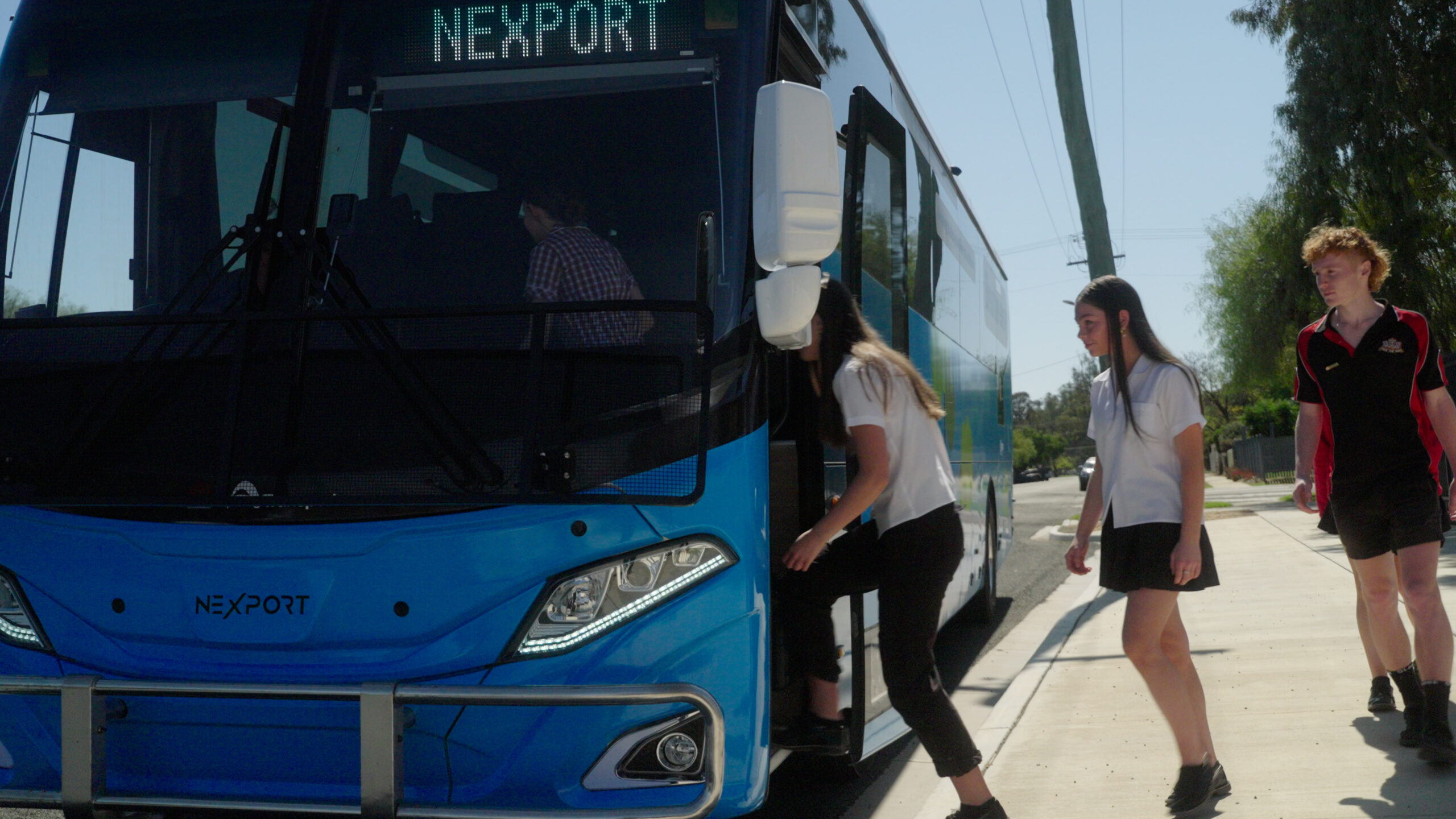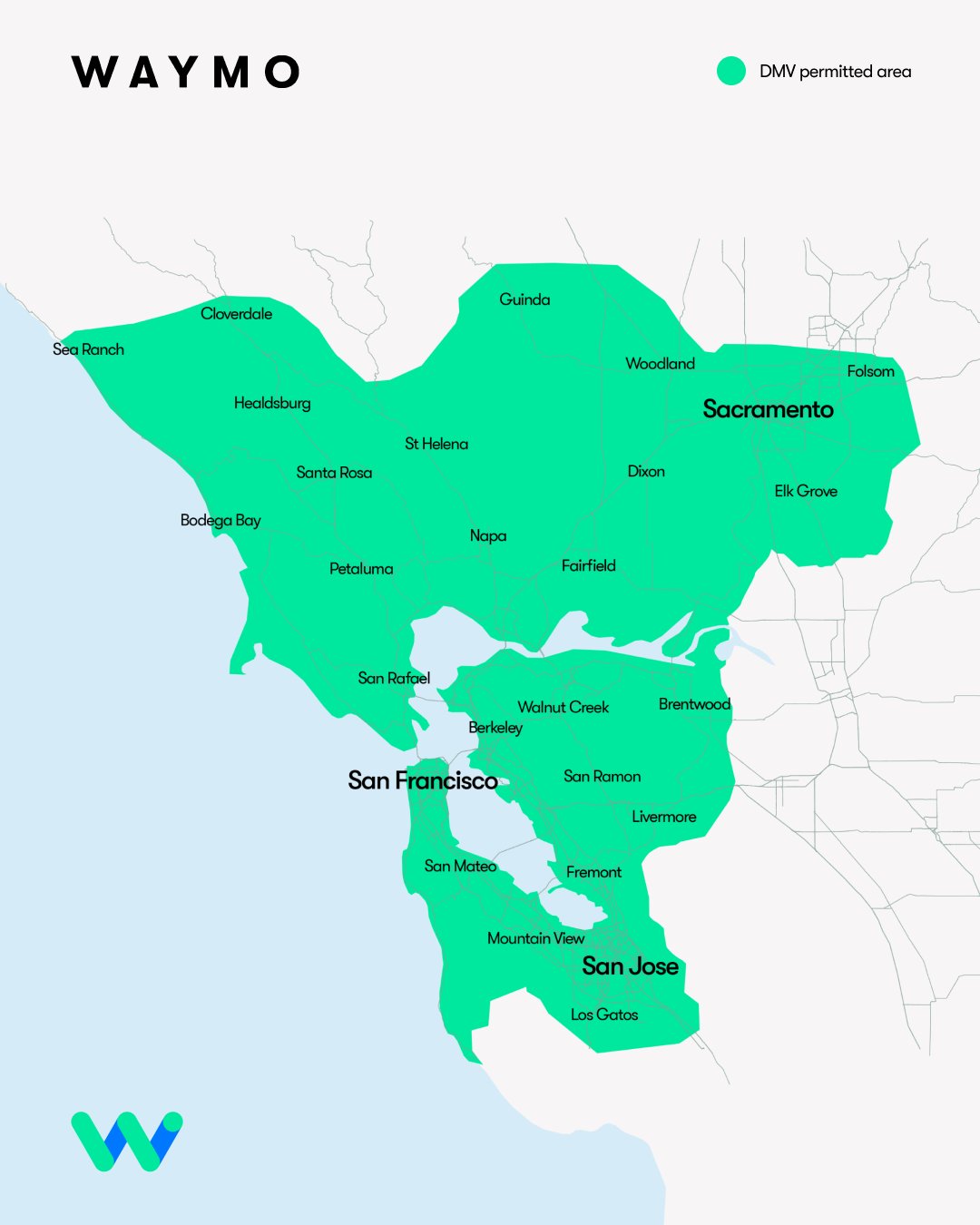
Sign up for daily news updates from CleanTechnica on email. Or follow us on Google News!
Despite stagnant electric car sales, the influx of electric buses remains unabated in Australia. Let’s start with EV market leader BYD. In Australia and around the world, BYD is on a roll. The company has delivered 74,000 electric buses around the globe. Rapid technology advancements, which lead to greater driver and rider comfort, have been a feature of BYD’s new products. It appears to be a company that listens to its customers.

BYD has launched a new 18-seat bus. In an interview with Australian Bus and Coach, BYD Australia commercial vehicles sales executive Steve Glenny said: “The B70, with its low floor design and overall length of seven metres, comes with a seating capacity of up to 18 passengers, or 16 with a wheelchair. Based on tried and tested, last-mile and first-mile feeder routes using similar-sized bus platforms throughout Europe and Asia, the BYD B70 appeals to a broad market, from local government to small shuttles and the private sector.” See the video review here.
The B70 is expected to fill the gap left by the withdrawal of the Hino Poncho from the Australian market. The B70 is equipped with BYD’s proven, safe, LFP Blade battery. Off-the-shelf parts (specifically for headlights) have been used to reduce repair costs for operators. Apparently, there have been lots of sales enquiries.
BYD is also launching a metropolitan city bus model, the BC12B1. The new model has been improved with a 6-in-1 controller creating more space, hence more seating capacity and driver comfort. The bus motors have been upgraded to give more power and efficiency, and the steering is lighter. BYD is offering more customization based on feedback from companies, drivers, and riders.
More trials of battery electric buses are proceeding in Australia’s regional areas. This report from Transport for New South Wales highlights the three new battery electric buses that are starting on school bus runs around Deniliquin and Moama from today. These buses will serve the students at 12 regional schools in southern New South Wales (NSW) and northern Victoria. “Students from 12 schools in NSW and Echuca in northern Victoria will be offered a quieter, smoother, and more comfortable journey on battery electric buses that emit no harmful exhaust fumes.”
Transport for New South Wales is investing AU$25 million to run the trials. “Our collaboration with Transport for NSW on this Zero Emission Bus trial reflects Dyson’s dedication to a decarbonised future in NSW,” Dyson’s Managing Director and CEO, Andrew Jakab, said. It is a positive step towards reducing emissions in regional communities. Battery electric BYD buses are to be supplied for the trial by Nexport.

There has been a marked increase in appetite for electric buses in the Australian market — especially when it comes to school services, Stephen Cartwright, Managing Director of Nexport owner Go Zero Group, says. “Schools are not only interested in reducing their carbon emissions, but they also want a healthy and safe environment for students.” You can watch the video here. Nexport currently offers three buses, a 12.5 meter coach, a 7.5 meter bus, and a 12.5 meter bus.
I was curious about the public reaction to electric buses — there are no news items coming into my feed about protests similar to the ones about solar farms, electric cars, windmills, etc. I posed the question in a previous article and got this response:
Thank you, David, and congrats and kudos to Melbourne!
Regarding your question about how come the haters haven’t hated on e-buses yet:
At least on this side of the globe (the spoiled-rotten US of A), most of those haters hate buses in general. They wouldn’t be caught dead near a transit bus. Some of them might send their kids on school buses, but more often they would drive them (or buy them cars to drive to school once they’re 13 years old or whatever is their preferred driver-license age). So they will focus on killing mass transit in general, rather than worry about the details of electric vs. ICE.
That is part of the answer. Here is some more, from the regions of Australia: A local from Deniliquin visited the town to report for busnews. She tells us that: “Despite positive attitudes from government and operators, Deniliquin residents are so far not convinced. Bringing up the topic while traversing around the town, the words ‘unsafe’, ‘dangerous’ and ‘ridiculous’ were a constant in conversation. Comfortable with diesel and wary of the new, even Dysons’ drivers seemed initially hesitant of the change.”

What about the drivers’ point of view? “There was a definitely just a fear of the unknown,” Dysons regional services operations manager Roy Dyson says. “Is the range going to be far enough for them for their runs? How are they going to hold up to the roads out here? But so far, after driving them around, they seem to be coming around to the idea. As with everything, only time will tell how the buses will hold up and if public perception will change. Yet Dysons believes in its choice and can see the potential payoff for the community.”
From my correspondent in the Australian Capital Territory (ACT), the Labor government announced that it was already operating 23 out of a total of 106 electric buses that were being delivered over two years. Another 110 buses will be purchased over the next 4 years to make the ACT bus fleet 30% electric.
On the global stage, China is maintaining its dominant position in electric buses despite rising geopolitical tension and tariff barriers. The prominence of bus makers like BYD, Yutong, King Long United, and Foton at trade shows across both sides of the Pacific — Chile, Australia, Philippines, and Thailand — demonstrates this. China has replaced 80% of its domestic public bus fleet with electric and hydrogen powered vehicles within the last ten years. They aim to do the same globally in competition with established players like Scania and Volvo.
“Australia is important for us not only because it is a sizeable market for new energy vehicles, but also a showcase for the entire Asia-Pacific region,” Chang said at the Brisbane Bus Show. Kent Chang is the CEO of Asia-Pacific at Yutong Bus, China’s and the world’s largest bus and coach maker.
I expect that 2025 more trials will be run, attitudes will slowly change, and we will see more battery electric buses on Australia’s roads, both in metropolitan areas and out in the regions. Students and commuters will be able to breathe more easily and the drivers should have a safer working environment.
Chip in a few dollars a month to help support independent cleantech coverage that helps to accelerate the cleantech revolution!
Have a tip for CleanTechnica? Want to advertise? Want to suggest a guest for our CleanTech Talk podcast? Contact us here.
Sign up for our daily newsletter for 15 new cleantech stories a day. Or sign up for our weekly one if daily is too frequent.
CleanTechnica uses affiliate links. See our policy here.
CleanTechnica’s Comment Policy


